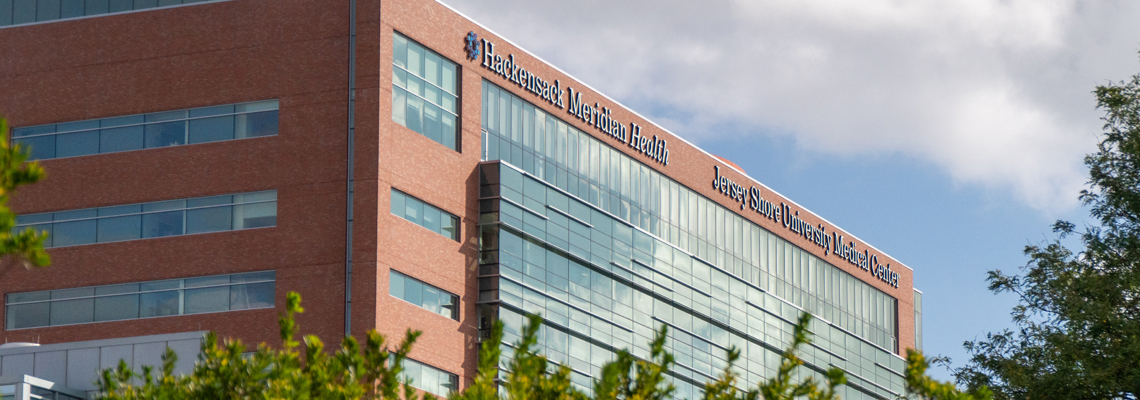

Rotation Schedule
Program Structure
The residency program permits residents to gain experience and sufficient practice with diverse patient populations, a variety of disease states, and a range of patient problems.
- Residents will be scheduled for 10 core concentrated learning experiences and 2 elective learning experiences of their choice. Each rotation is scheduled for 4 - 5 weeks.
- Five core longitudinal learning experiences take place throughout the residency year, ranging from 4 to 12 months each, to provide additional learning opportunities and continuity. Two elective longitudinal learning experiences are chosen which run 5 months each. Alternatively, the resident may choose to continue their first elective longitudinal for the duration of the 10 months.
- At least two-thirds of the year will consist of direct patient care activities.
- No more than one-third of the twelve-month PGY1 pharmacy residency program may deal with a specific patient disease state population (e.g. critical care, pediatrics.)
Orientation
- A comprehensive orientation to the residency program and practice environment is provided.
- Residents complete a 5 day hospital orientation in advance of the official start date of residency. The orientation includes incoming residents of all specialties (e.g. internal medicine residents, pediatric residents, etc.) at Jersey Shore University Medical Center and promotes collaboration among the disciplines.
- BLS/ACLS training, as well as an overview of Human Resources policies, library services, ethics, infection control, patient safety, and other important topics are included.
- A general pharmacy orientation and EPIC software training are provided.
- Residency logistics, descriptions of all required/elective learning experiences, responsibilities, expectations and the requirements for successful completion of the program are discussed. JSUMC’s PGY1 Pharmacy Residency Manual, ASHP Accreditation Standard for Postgraduate Residency Programs, ASHP’s defined residency’s purpose, and ASHP’s PGY1 Competency Areas, Goals, and Objectives are reviewed.
- Practice advancement project education is provided and the resident works with their research mentor to begin their chosen project IRB protocol.
Learning Experiences
Baseline assessments and resident interests are used to formulate the resident’s learning experience schedule. Every effort is made to accommodate a schedule established on the knowledge base, experience, and preferences of the resident.
Core Concentrated Rotations (required)
- Hospital & Pharmacy Orientation
- Cardiology
- Emergency Medicine
- Infectious Diseases
- Internal Medicine
- Leadership and Practice Management
- Medical Intensive Care
- Pediatrics
- Practice Advancement Project
- Transitions of Care
Core Longitudinal Rotations (required)
- Medication Safety / Pharmacy Management
- Medication Use Evaluation
- Pharmacy Operations
- Practice Advancement Project
- Teaching and Learning Certificate Program
Elective Concentrated Rotations (2 required)
- Academia and Teaching
- Advanced Core Rotations
- Ambulatory Care
- Antimicrobial Stewardship
- Neonatal Intensive Care
- Neurosurgical and Trauma/Surgical Intensive Care
- Oncology
- Pediatric Intensive Care
Elective Longitudinal Rotations (2 required)
- Antimicrobial Stewardship
- Heart Failure Transitions of Care
- Investigational Drug Services
- Palliative Care
- Pediatric Pulmonary Clinic